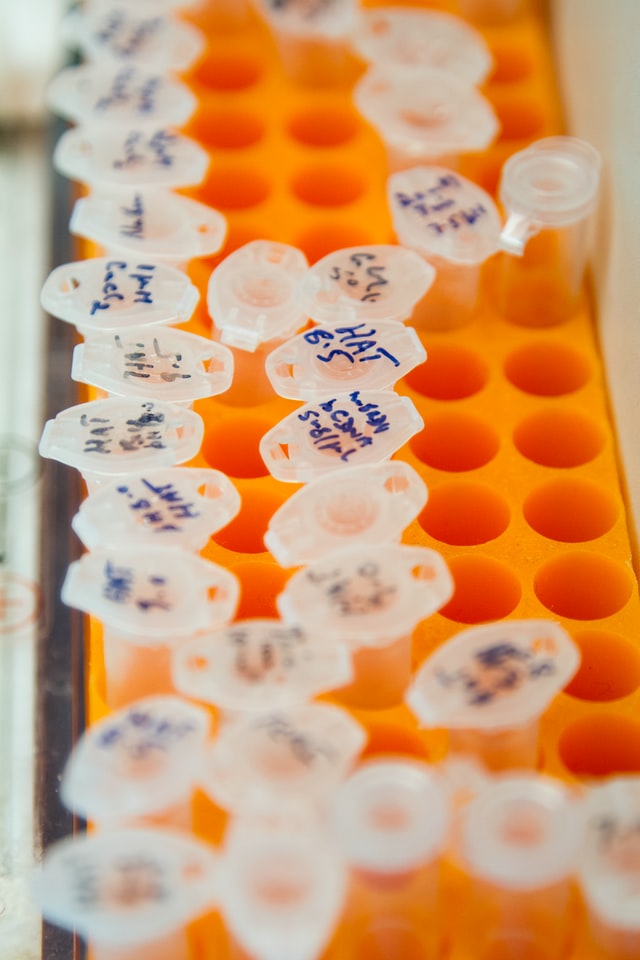‘Deleted’ DNA Data Just Reappeared on a Popular Database
By Emily Mullin,
Future Human
| 01. 21. 2021
Over the past few years, the online DNA database GEDmatch has become a powerful tool for solving cold cases. Founded in 2010 to help adoptees and genealogy enthusiasts find biological relatives, the site shot to prominence in 2018 after California police said GEDmatch led them to a suspect in the decades-old Golden State Killer case.
The open-source database allows anyone to upload their raw DNA file generated from genetic testing firms like 23andMe and Ancestry. Then, they can search for other users who share their DNA. Police use the site to upload DNA found at crime scenes, look for matching relatives, then do traditional genealogy to zero in on a suspect. The database contains around 1.5 million DNA profiles uploaded by 1.1 million users. A recent technical glitch, however, threatens to undermine users’ trust in the site.
On January 14, a technical snafu at GEDmatch caused previously deleted user data to be restored for two days. It’s the second security incident the database has experienced in less than a year. In July 2020, hackers accessed the database and exposed...
Related Articles
By Scott Solomon, The MIT Press Reader | 02.12.2026
Chris Mason is a man in a hurry.
“Sometimes walking from the subway to the lab takes too long, so I’ll start running,” he told me over breakfast at a bistro near his home in Brooklyn on a crisp...
By David Jensen, California Stem Cell Report | 02.10.2026
Touchy issues involving accusations that California’s $12 billion gene and stem cell research agency is pushing aside “good science” in favor of new priorities and preferences will be aired again in late March at a public meeting in Sacramento.
The...
By Lauren Hammer Breslow and Vanessa Smith, Bill of Health | 01.28.2026
On Jan. 24, 2026, the New York Times reported that DNA sequences contributed by children and families to support a federal effort to understand adolescent brain development were later co-opted by other researchers and used to publish “race science”...
By Arthur Lazarus, MedPage Today | 01.23.2026
A growing body of contemporary research and reporting exposes how old ideas can find new life when repurposed within modern systems of medicine, technology, and public policy. Over the last decade, several trends have converged:
- The rise of polygenic scoring...




